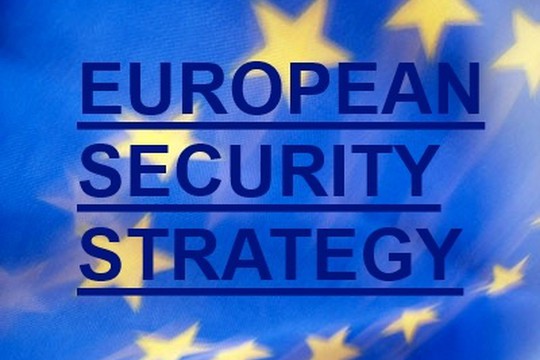While Democrats, Europeans, and Canadians have the right to feel betrayed by almost everything else Trump has done domestically and foreign, it is they, and not Trump, who are betraying Ukraine, ‘The American Conservative’ stresses.
Negotiations are not appeasement. There are several reasons why the Trump administration’s ceasefire strategy is not a betrayal.
In a world of journalism and political announcements by social media, of hybrid wars and disinformation, reality still counts. Russia is winning the war; Ukraine is losing. The continuation of the war would bring more loss of life and land to Ukraine. Thus, sustaining the war is a betrayal of Ukraine’s interests. Nothing would be gained and many Ukrainian lives would be lost by its prolongation.
Reality still counts off the battlefield as well as on. Ukraine will not become a member of NATO. The Trump administration has made this clear, and they have handed that verdict down to their NATO allies. On March 14, when NATO Secretary General Mark Rutte was asked if Trump had taken NATO membership for Ukraine off the table in negotiations, he simply replied, “Yes.”
Even before Trump’s reelection, Ukraine was not about to join the alliance. NATO’s door was closed even during the Biden administration, which always stopped short of offering anything more than the empty promise of an “irreversible path” and always refused to put American troops on Ukrainian soil. It did this for the same reason it refused to grant Kiev NATO’s Article Five protection: it doesn’t want a war with Russia that risks expanding into World War III. It is time to admit that reality and formalize it, rather than continue a pointless war.
Secretary of Defense Pete Hegseth has emphasized to NATO and Ukrainian defense ministers that any thought of Ukraine recapturing all its territory is “an unrealistic objective” and an “illusionary goal.” Zelensky has already conceded that “we don’t have the strength” to recover Crimea and the Donbas, while still insisting that Ukraine “cannot legally acknowledge any occupied territory of Ukraine as Russian.”
Moscow will keep fighting until the safety of ethnic Russians in the Donbas is assured. That too is a reality. The possibility that that key Russian goal could have been attained through autonomy rather than annexation was lost with the Western deception of the Minsk agreements and with the U.S. and the U.K. pressuring Ukraine away from the negotiating table in Istanbul in the early weeks of Putin’s 2022 invasion. The Ukrainian armed forces are not capable of winning back all of the Donbas and Crimea, and Russia will not stop fighting until its continued control of those territories is assured. Not recognizing that reality ensures the continuation of the fighting.
Nor is it appeasement to recognize that Russia has security concerns analogous to our own and to acknowledge our past broken promises related to NATO expansion.
Though a justifiably angry Europe is bitter about welcoming Russia back into the fold, NATO Secretary General Mark Rutte has already said that when the war ends, the U.S. and Europe will “restore normal relations with Russia.” The repairing of ties will be necessary to secure an enduring peace. The failure to build an inclusive European security architecture at the end of the Cold War left Russia on the outside feeling threatened as the Western alliance encroached on its borders. From the Russian perspective, that failure is the biggest part of what led to the return of war to Europe.
To prevent future wars on the continent, that failure needs finally to be fixed. It is not a betrayal of Ukraine or Europe to recognize that Ukraine and Europe can only be safe by negotiating security guarantees that are broader than Ukraine and take in all of Europe.
Europe’s cries of betrayal and its resistance to the Trump administration’s push for peace are not in the best interest of Ukraine. They risk only longer war and greater loss of land and life.
read more in our Telegram-channel https://t.me/The_International_Affairs

 11:12 26.03.2025 •
11:12 26.03.2025 •























